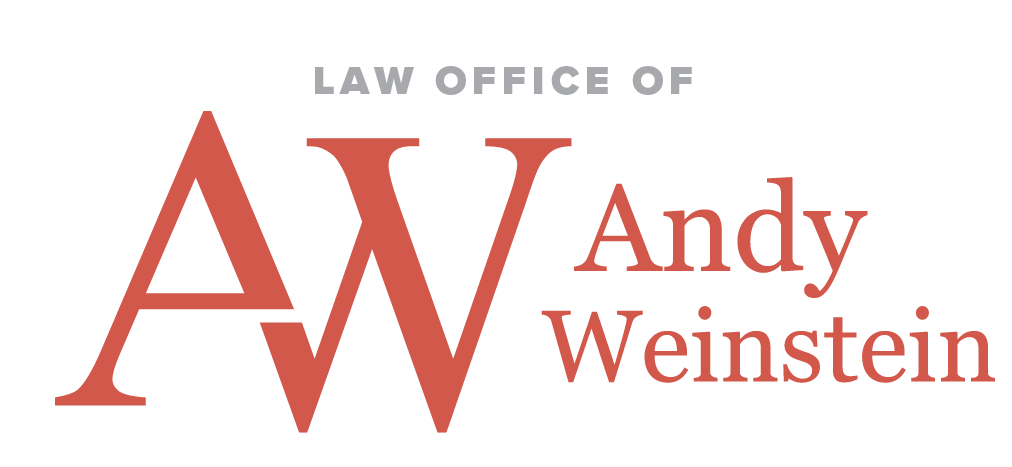White-collar crime charges like those pertaining to fraud, embezzlement, and identity theft are aggressively prosecuted in New York. What that means for you or your loved one is that the stakes are high. A white-collar crime conviction can lead to devastating penalties, including extensive prison time, disastrous fines, and damage to your reputation that can derail your career and your standing in the community.
We know that thinking about those potentialities can be traumatic, and so, too, can your interactions with the police and the prosecution. But regardless of how confident the prosecution seems in your case, you might have white-collar crime defense options that, if successfully utilized, can help you avoid harsh penalties or maybe even sidestep conviction altogether. Let’s take a closer look at some of them.
Although the prosecution might offer you a plea deal in your white-collar crime case, you shouldn’t act to resolve your case until you have a full understanding of your defense options and what each one can do for you. Here are some defense strategies that might keep you safe when facing white-collar crime charges:
- Illegal search and seizure: Unless you consent to a search or voluntarily turn over incriminating evidence to law enforcement, the police are going to utilize a legally valid warrant before searching and seizing evidence from you, your home, your car, or your place of business. If the warrant they use is obtained under false pretenses, or if the police misuse an exception to the warrant requirement, then you can block them from weaponizing the illegally obtained evidence against you.
- Lack of intent: To obtain a conviction for a white-collar offense, the prosecution is going to have to show that you acted with intent. That’s to say that it must be proven, beyond a reasonable doubt, that you knowingly and intendedly committed the act in question. If you can show that the issue at hand was caused by mere mistake or misunderstanding, then you might be able to avoid conviction.
- Statute of limitations: Criminal offenses must be charged within a certain period of time. If they aren’t, then you can force the prosecution to drop its case. So, look at how along ago the alleged offenses occurred to see how it aligns with the applicable statute of limitations.
- Coercion: In some instances, physical and verbal threats are used to coerce an individual to engage in illegal behavior. For example, if a disgruntled employee threatens to harm your family if you don’t embezzle money from your company, then any actions that you take are done so under duress. If that’s happened in your case, then you could escape conviction.
Depending on the facts of your case, there might be other effective defense strategies that you can utilize. To determine the best course of action for you, analyze the facts of your case in light of the law and the applicable rules of evidence.
Are you ready to build your white-collar crime defense?
There’s a lot that goes into building an effective criminal defense. That can be hard to navigate when you’re trying to cope with the stress and fear associated with your arrest and your charges.
But you don’t have to shoulder the burden of your case on your own. While you can find emotional and psychological support from family, friends, and mental health professionals, your attorney can provide you with the legal guidance needed to effectively build your defense.

